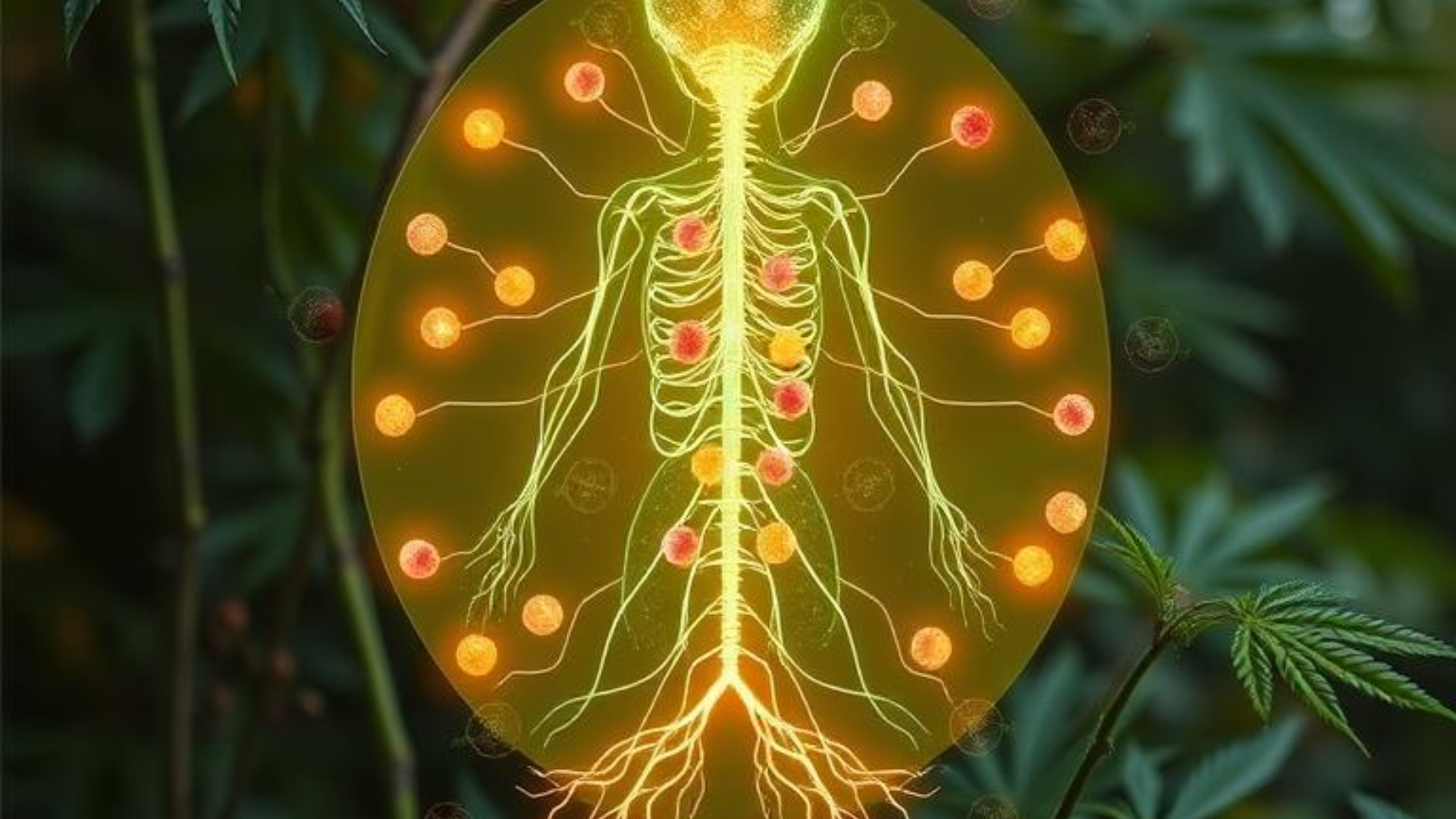
How Does CBN Work in the Body?
CBN (cannabinol) is a non-psychoactive cannabinoid found in cannabis, often praised for its calming and sedative properties. To understand how CBN works in the body, it’s essential to look at its interaction with the endocannabinoid system (ECS), a complex network responsible for regulating several physiological processes.
The Endocannabinoid System: A Brief Overview
The ECS plays a crucial role in maintaining balance within the body, influencing mood, pain perception, appetite, immune function, and sleep. It consists of cannabinoid receptors (CB1 and CB2), endocannabinoids (naturally produced by the body), and enzymes that break down these compounds.
CBN's Interaction with the ECS
CBN primarily interacts with the CB1 receptors, which are found in the brain and central nervous system. By binding to these receptors, CBN can promote relaxation, reduce anxiety, and support restful sleep. While CBN doesn’t produce the high associated with THC, it works synergistically with the ECS to help calm the body and mind, making it a popular option for those seeking natural stress relief and sleep support.
Additionally, CBN may have mild anti-inflammatory and pain-relieving properties, making it potentially beneficial for individuals with chronic pain or inflammatory conditions.
CBN and the ECS: A Harmonious Connection
Overall, CBN’s interaction with the ECS helps the body maintain balance, particularly when it comes to relaxation, sleep, and mood regulation. While CBN is still being studied, its promising effects on the ECS suggest it could offer a natural alternative for managing sleep disturbances and anxiety.
